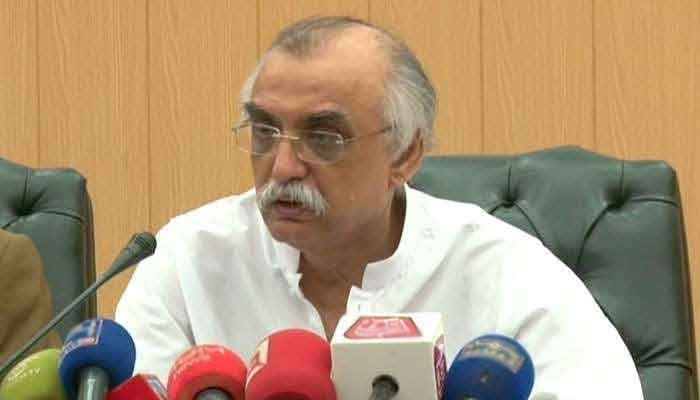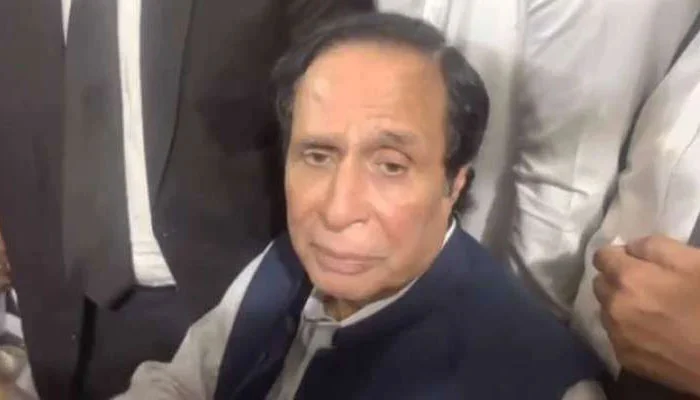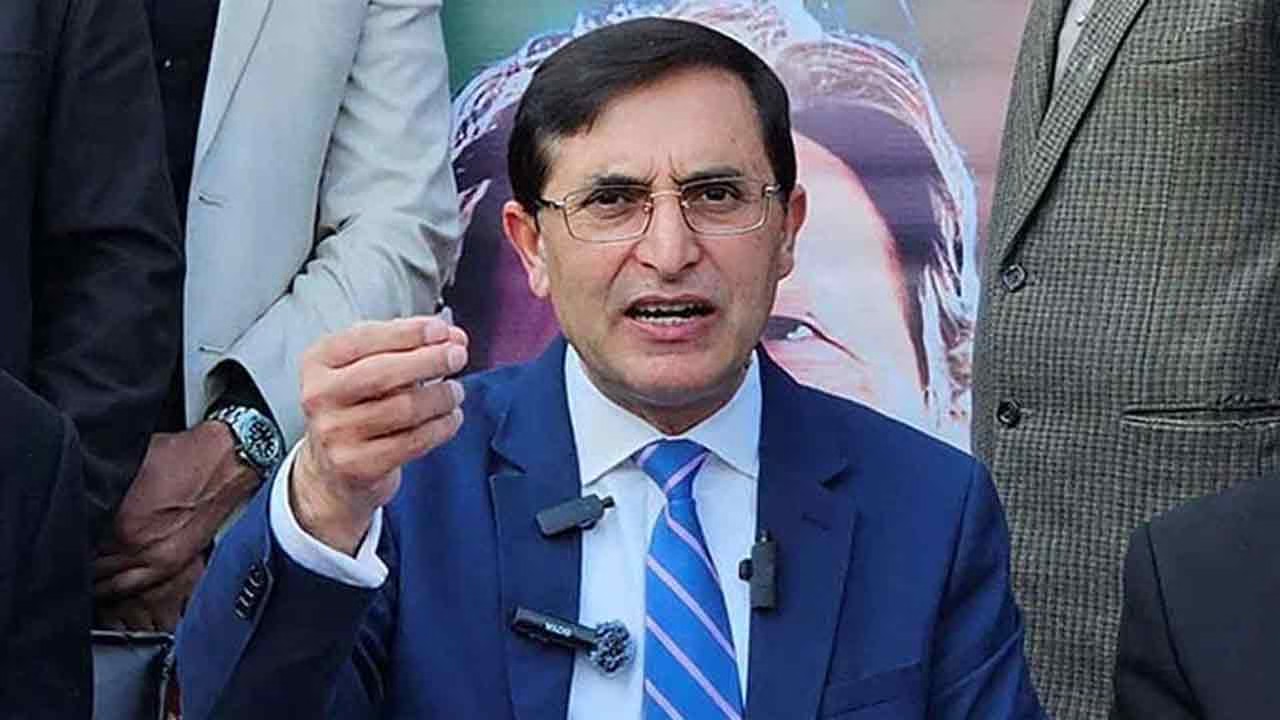Former Chairman of Pakistan’s Federal Board of Revenue (FBR), Shabbar Zaidi, raised concerns about the increasing poverty levels in the country and suggested the urgent implementation of a rationing system. Zaidi emphasized the need to regulate essential food items such as flour, lentils, rice, ghee, tea leaves, and sugar through a rationing system to address the growing poverty crisis.
According to Zaidi, it is essential to take immediate action as approximately 90 million people in Pakistan are struggling to access basic food necessities. He stressed that we cannot afford to let 40% of the population live below the poverty line, highlighting the urgency of the situation.
One of the significant issues Zaidi pointed out was the lack of a robust agricultural income tax system in Sindh, one of Pakistan’s provinces. He posed a question to Shahbaz Sharif, a prominent political figure, about the status of agricultural income tax collection in Punjab, another major province in the country. This highlighted the need for comprehensive tax reforms and a more equitable tax collection system.
Furthermore, Zaidi argued that Pakistan needs to evaluate whether its fundamental issues are societal or economic. He suggested that addressing the prevalence of illegal currency exchange mechanisms within the country should be a priority, as it perpetuates financial instability. He estimated that nearly 50% of the nation’s issues could be resolved through administrative actions.
Shabbar Zaidi’s call for the implementation of a rationing system for essential food items reflects his deep concern about the worsening poverty situation in Pakistan. The rationing system, if properly designed and implemented, could help ensure that these vital items are accessible to all citizens at affordable prices, mitigating the impact of rising inflation and food shortages.
The conversation also highlights the need for comprehensive tax reforms in Pakistan, with a particular focus on improving the agricultural income tax collection system. Such reforms could potentially generate additional revenue for the government, which can be allocated towards poverty alleviation programs and social safety nets. Shabbar Zaidi’s remarks shed light on the pressing issue of increasing poverty in Pakistan and the need for immediate action. The implementation of a food rationing system and comprehensive tax reforms could play a pivotal role in addressing these challenges, ultimately contributing to a more equitable and prosperous Pakistan.



